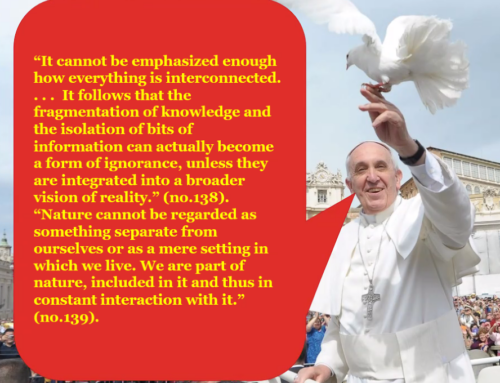Abstract
Early in the founding of psychology of religion, a debated issue was the methodological exclusion of the transcendent (MET). While cautiously endorsed by Theodore Flournoy, others, notable William James and Frederic Myers, refused to be limited by this principle. This paper discusses (a) what is MET as proposed by Flournoy and the reasons he provided to adopt it, (b) problems with MET, implications for research and theory in religion/spirituality and health, and why the transcendent should be included in psychological, medical and other academic research and theory on spiritual experiences (SE), and (c) some methodological guidelines perform it fruitfully.

